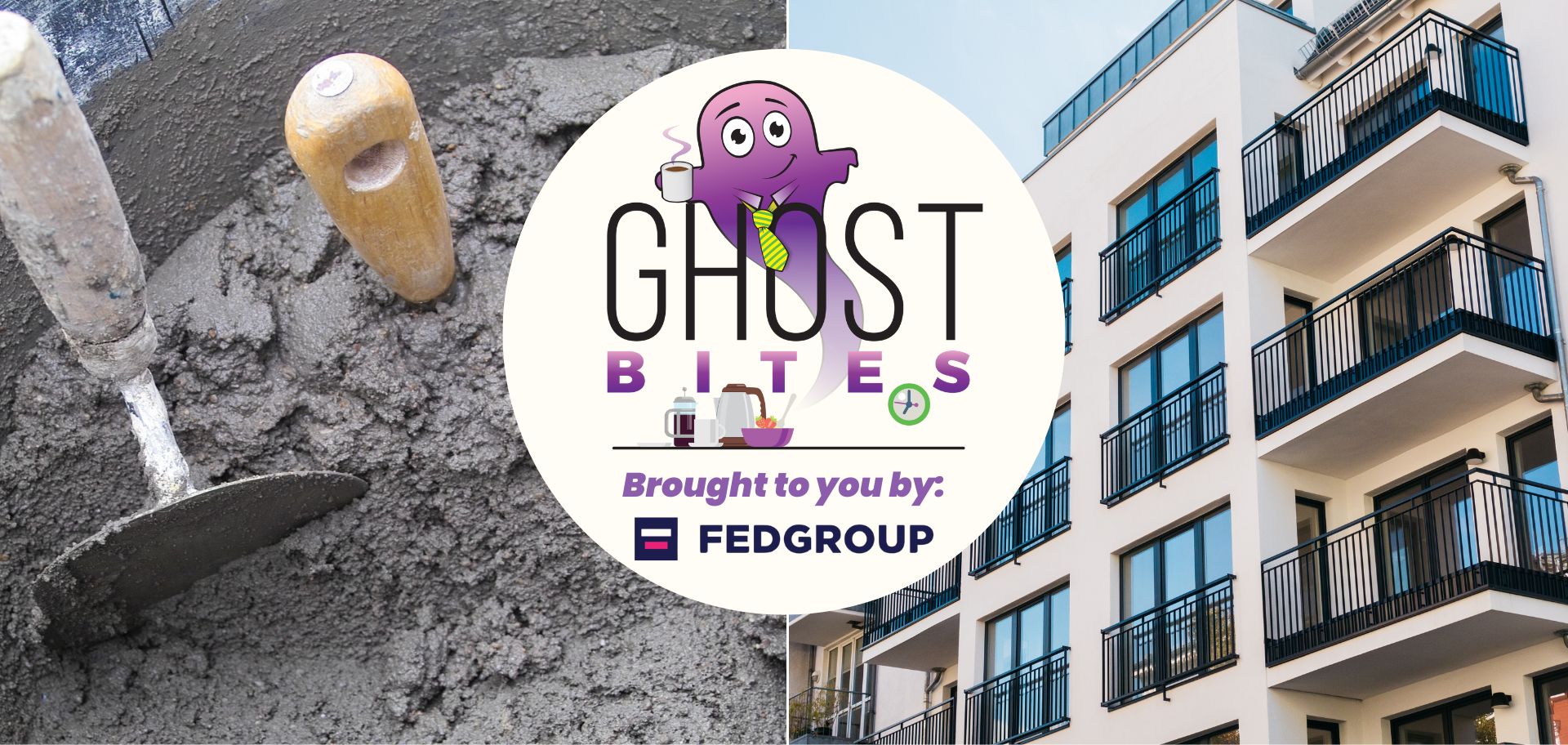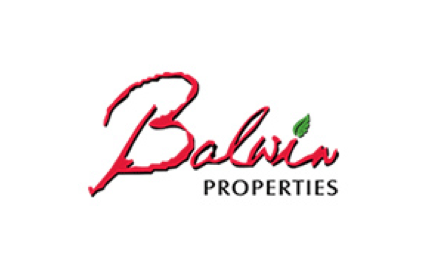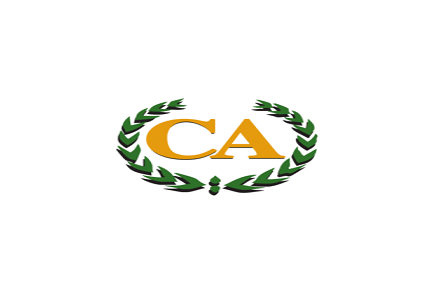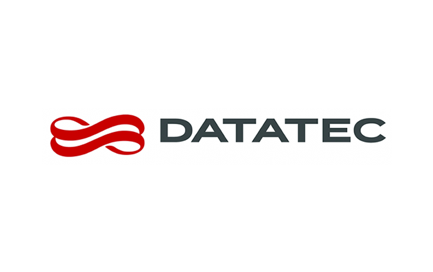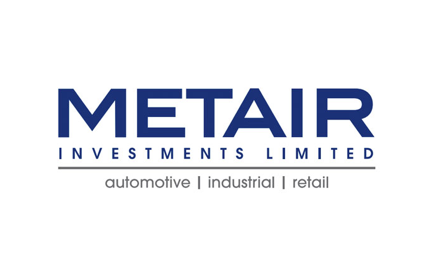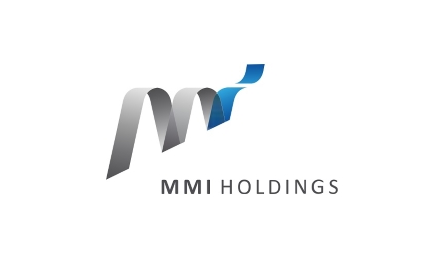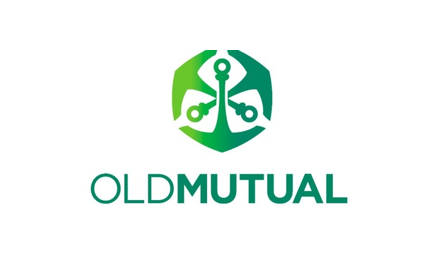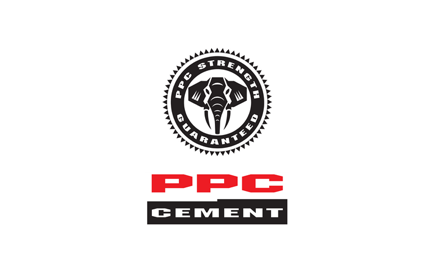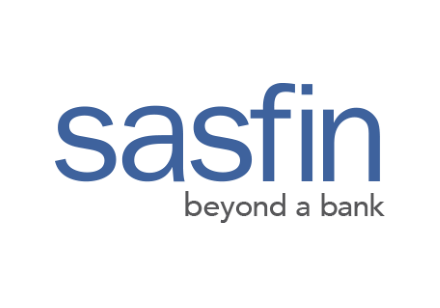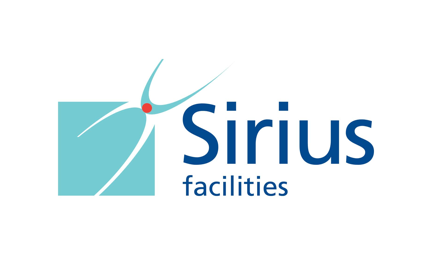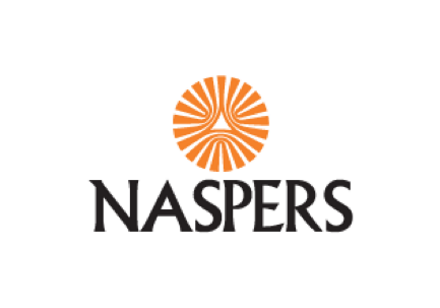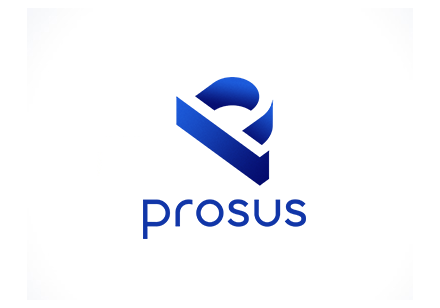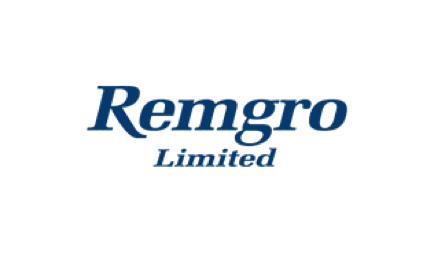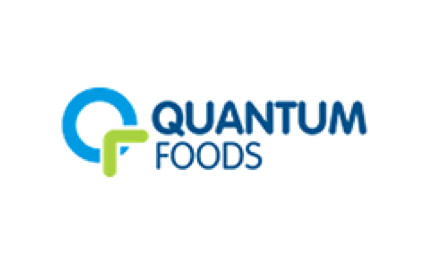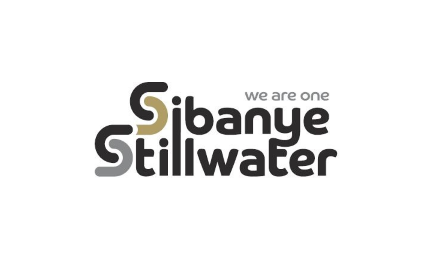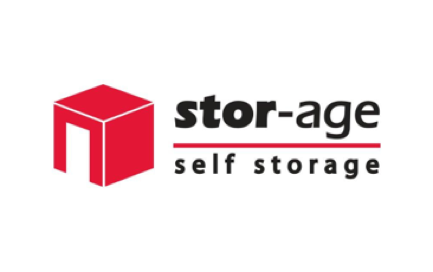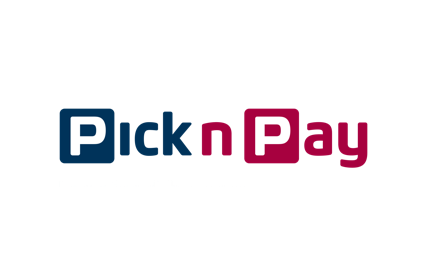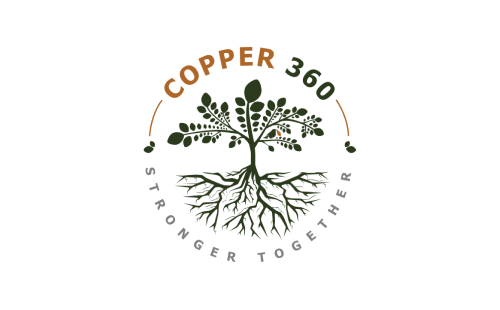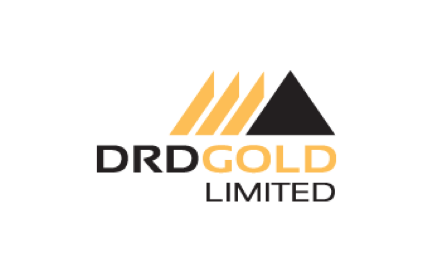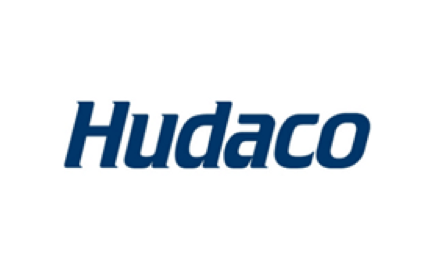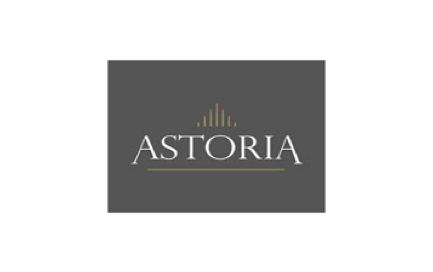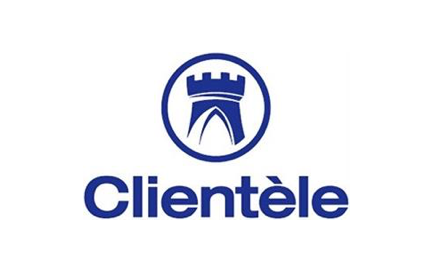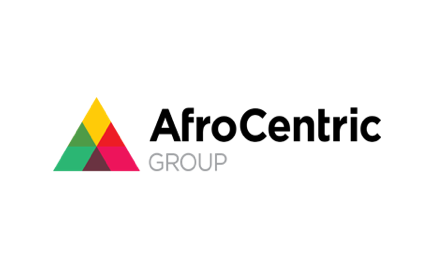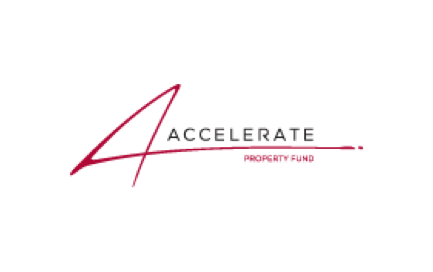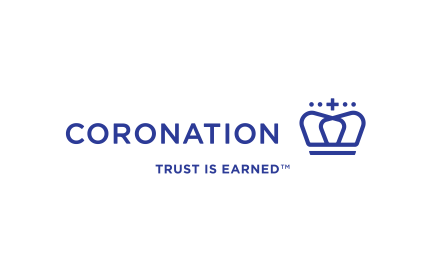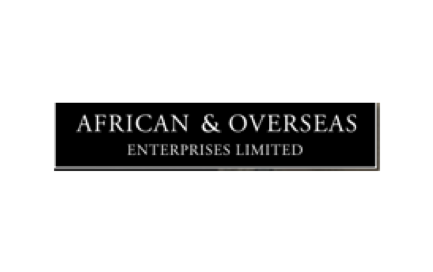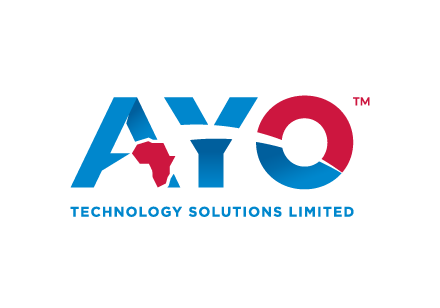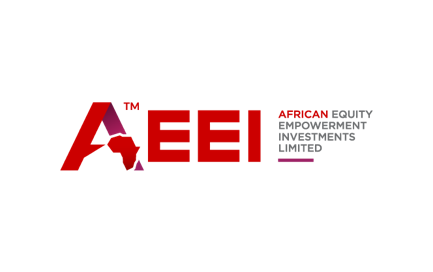Get the latest recap of JSE news in the Ghost Wrap podcast, brought to you by Mazars:
Balwin is really struggling in this environment (JSE: BWN)
Apartment sales have plummeted
This isn’t a good time to be trying to sell apartments to middle-income South Africans. Not only are they getting obliterated by inflation on things like cars, but higher interest rates are making it really difficult to justify buying property vs. just renting it.
This is why Balwin’s HEPS for the year ended 29 February 2024 is down by between 45% and 51%. The problems start right at the top, with apartment sales down by a whopping 32%. Gross margin on apartments also fell from 27% to 25%. Due to growth in the annuity business portfolio, now contributing 5.5% of group revenue, total group gross profit margin has remained in line with the prior year. Read that carefully. Total margin, not total gross profit.
Balwin did its best to reduce costs under the circumstances, but it was nowhere near enough. The pressure has also continued to the end of the year, with only 530 forward sold apartments vs. 870 at the end of the last financial year.
The balance sheet looks fine for the time being. That doesn’t mean that troubles can’t come down the line though. The share price has lost roughly a third of its value in the past 12 months.
Burstone’s distributable income per share to inch higher (JSE: BTN)
A strong second half has saved the full-year result
Burstone Group released a pre-close update for the year ending 31 March 2024. It’s exceptionally detailed, so I’ll just touch on some highlights here. This is an interesting property fund, with 55% of assets offshore and a lot of progress made in managing third-party capital. The fund recently internalised its management company at great overall cost, which obviously leads to annual management fee savings on the income statement.
The second half of the year saw growth in distributable income per share of between 6% and 8%. This takes the full-year performance to between 0% and 2% higher, which shows how tough the first half of the year was. The European business was the star of the show for the second half.
Even over the full year, the South African portfolio could only deliver like-for-like property net income growth of 1% to 2%. In contrast, the European business managed growth of 6% to 7%. The European result in particular was then impacted by higher funding costs, so earnings only grew by between 1% and 2% in euros.
The loan-to-value is expected to be 42% to 43%, which is higher than anticipated due to various capex and investment activities. Assets identified for disposal should drop this by between 300 and 500 basis points.
2023 was rather magnificent for CA Sales Holdings (JSE: CAA)
You won’t see growth like this very often
CA Sales Holdings isn’t some kind of frothy tech company that has suddenly shot into profitability. In fact, the group is pretty simple. The business model is to help FMCG producers reach their clients through retail networks. Managing shelf presence is a real thing and CA Sales does it very well.
The results for the year ended December 2023 speak for themselves. Revenue increased by 19.4%, operating profit was up 40.7% and HEPS was 25.3% higher at 97.97 cents for the year ended December 2023. The final dividend was 27.4% higher at 19.56 cents.
Despite such strong growth in 2023, the group is confident of its positioning and further growth prospects for 2024. Across organic and inorganic opportunities (like the recently announced acquisition in South Africa), CA Sales can keep generating solid earnings growth.
Datatec’s growth was spearheaded by Westcon International (JSE: DTC)
Full details will only be released in May
Datatec released a trading update for the year ended 29 February 2024. It focuses only on revenue, which will be up 5.8% year-on-year. The company reports in dollars, so that’s a hard currency growth rate.
The Westcon International division is the largest (roughly two-thirds of revenue) and fastest growing part of the group, with revenue up 7.6% Logicalis International struggled at 1.5% growth, although the second half of the year was an improvement on the first half. Logicalis Latin America grew 3.9% for the year but struggled in the second half relative to the first half.
Metair has released its 2023 financials (JSE: MTA)
This period shows a strong swing back into profitability
After a run of exceptionally bad luck, Metair is at least back in the green. A headline loss per share of 17 cents in the year ended December 2022 is now firmly in the rear-view mirror, with HEPS of 135 cents in 2023 to scrub away that memory.
This improvement was driven by a 14% uptick in revenue and a 12% increase in EBITDA. Once equity-accounted earnings from associates are included, the EBITDA line moves up 86% year-on-year. I must point out that Hesto’s share of equity losses is not brought into the income statement as the group has no obligation to fund those losses. This is the key difference vs. the way a subsidiary is accounted for, where losses are consolidated. Hesto’s losses are considering in debt covenant calculations, though.
Speaking of debt covenants, the group is within agreed banking covenant levels even with the challenges at Hesto. It would’ve certainly helped matters that cash generated from operations jumped from R151 million to nearly R1.2 billion.
IFRS 17 is all over the Momentum numbers, but perhaps following the dividend is the answer (JSE: MTM)
Cash is cash, you know
The insurance industry’s recent results have all been severely affected by a major new accounting standard. Despite efforts to restate the comparable period, this always makes it really hard to know what is actually going on.
For example, we now have a strange scenario where Momentum Metropolitan reported an improvement in return on equity for the six months to December 2023 (from 14.9% to 17.8%), yet a deterioration in return on embedded value per share from 15.6% to 12.0%.
In these situations, it’s usually more useful to read through the announcement to figure out the flavour of what’s going on. For example, new business margins are not high enough and the group is trying to address this. On the plus side, Momentum Insure’s claims ratio has improved despite flooding in the Western Cape, so management interventions there have helped.
Sometimes, the cash tells the best story. With 20% growth in the interim dividend and R500 million allocated for further share repurchases, the group clearly feels confident in the business.
Old Mutual’s metrics head in the right direction (JSE: OMU)
The total dividend is up 7% for the year
Old Mutual has released results for the year ended December 2023. Thanks to key drivers like Life APE sales (up 17%) and gross flows (up 14%), the results look good. Value of new business increased by 37%, with a 10 basis points improvement in the margin. Gross written premiums were up 14%, as Old Mutual Insure had a solid year as well.
Notably, there are still net client cash outflows. The economic conditions are causing many problems for people and this makes saving extremely hard (and in most cases, impossible). This is obviously a worry.
Still, return on net asset value improved by 170 basis points to 11.1% and HEPS was 28% higher. Adjusted HEPS increased by 21%. The total dividend per share was only 7% higher, perhaps pointing to some caution about the road ahead. I must also remind you that IFRS 17 has impacted all of these numbers, except the dividend.
Despite the obvious economic challenges in South Africa, Old Mutual is still moving ahead with its plan to build a bank. It will be very interesting to see how that works out.
Zimbabwe is the highlight for PPC (JSE: PPC)
South Africa and Botswana remain subdued
PPC has released an operational update for the ten months ended January 2024. The important starting point is that numbers exclude CIMERWA in Rwanda, as that business was sold in January 2024 for $42.5 million.
For the ten months to January, revenue excluding CIMERWA grew by 27.6%. This was firmly driven by Zimbabwe rather than South Africa and Botswana. Group EBITDA margin was 13.6%, well up on 9.9% in the comparable period. This is significantly lower than the 15.3% achieved in the first six months of the year though, with weaker performance in South Africa as one of the major factors alongside other issues.
Free cash inflow of R364 million for this period (excluding dividends from Zimbabwe) is higher than R242 million in the comparable period. A timing delay for a major capex project is one of the factors to keep in mind here.
Digging deeper, South Africa and Botswana (which is now a cash positive segment after the proceeds from the CIMERWA disposal were received) saw volumes decrease by 4%. Price increases more than offset this decline, with revenue up 6% for the 10 months and EBITDA margin up from 10.7% to 11.4%.
The materials business still reported negative EBITDA but the losses are far more manageable, coming in at negative R7 million vs. a loss of R60 million in the comparable period. The disappointment is that EBITDA was positive R14 million at the six-month mark, so there’s been a major negative swing since then.
Zimbabwe is the real star here, with volumes up 41% and EBITDA margin expanding from 18% to 22%. The drop from 25% in the interim period was driven by the high cost of clinker imports as local production couldn’t meet demand levels. The business declared dividends of $4 million in July 2023 and $7 million in November 2023, with another dividend expected in July 2024.
With the balance sheet in vastly better shape, PPC will either continue with dividends or implement a share repurchase programme if there are no corporate investment opportunities available.
SA Corporate had a better second half to the year (JSE: SAC)
Full year distributable income is down, though
SA Corporate Real Estate has released results for the year ended December 2023. They reflect a 4% decline in distributable income for the full year. For the second half though, distributable income increased by 5.5%.
This is despite net property income being 4.6% higher on a like-for-like basis.
The distribution of 23.18 cents per share is 4% lower than in the comparable year, tracking the decrease in distributable income.
The loan-to-value ratio of 41.9% is up from 38.1% and looks to be on the high side, especially as the weighted average cost of funding (including of swaps) has pushed higher from 9.0% to 9.4%. This does no favours for distributable income.
Sasfin’s rough year continues (JSE: SFN)
The share price is down 45% this year and results look poor
In 2023, banks either did very well (like Standard Bank) or reasonably well (like Nedbank). There aren’t any others I can think of that watched HEPS get smashed, yet Sasfin’s HEPS for the six months to December fell by 62.4%.
The cost-to-income ratio has now moved 131 basis points higher to 83.79%, which is far too high. Return on equity is 2.91%. It was 8.09% in the comparable period and I joked about how a fixed deposit gives a better return. We are now well below money market. If this trend carries on, perhaps just keeping your money in a current account would be a better return on equity.
If you’re looking for the problem in this particular period, a 55 basis points uptick in the credit loss ratio to 1.72% holds the answer for you, especially when combined with a 1.8% decline in gross loans and advances.
Asset Finance grew operating profit by 10.5% to R101.1 million, coming through as the highlight in the group. The Business and Commercial Banking division recorded an operating loss of R58.4 million, which is even worse than the loss of R50 million in the comparable period. Sasfin Wealth’s operating profit fell slightly to R59.4 million.
Somewhere inside Sasfin is a a potentially decent financial services business. Perhaps the disposal of Capital Equipment Finance and Commercial Property Finance to African Bank will help reveal it.
Sirius makes an acquisition in the UK (JSE: SRE)
A multi-let business park in Gloucestershire is the target
Sirius Real Estate raised £147 million in November last year and has been busy spending it. There have already been three acquisitions in Germany announced this year, coming in at a total of €53.75 million. The latest deal is an acquisition in the UK for £48.25 million, or €56.4 million. The UK deal is thus larger than the three German deals combined.
The target is a multi-let business park in Gloucestershire and the net initial yield for the acquisition is 10.2%. The property is 81% occupied and Sirius has plans in place to improve the economics of the property. Sirius has also acquired a solar business from the seller that supplies most of the electricity on site.
In a separate announcement, Sirius noted the disposal of an industrial park in Germany for €40.1 million on a net initial yield of 5.7%. The selling price is a 6% premium to the last reported book value.
I can’t fault Sirius here on selling high and buying low, albeit in two different markets. This the kind of dealmaking that does wonders for the valuation multiple.
Little Bites:
- Director dealings:
- To make you feel poor, Mark Sorour (a director of Naspers JSE: NPN) sold shares worth R111 million. He also sold shares in Prosus (JSE: PRX) worth R3.8 million.
- There are significant purchases by two directors of Remgro (JSE: REM), coming in at nearly R3.4 million worth of shares.
- An associate of Wouter Hanekom, a director of Quantum Foods (JSE: QFH), has continued buying up shares. Purchases worth R1.15 million have been executed and there are agreements in place for another R1.19 million.
- At Sibanye-Stillwater (JSE: SSW), the Chief Regional Officer of the Americas bought shares worth $45k.
- A trust associated with the chairman of Stor-Age (JSE: SSS) sold shares worth R126k. The announcement calls this a “portfolio rebalancing” but I always completely ignore that. It’s a voluntary decision to sell, hence it’s a sale.
- Pick n Pay (JSE: PIK) has released a further cautionary announcement, confirming that the two-step recapitalisation plan (a planned rights offer of up to R4 billion in mid-2024 followed by an IPO of Boxer on the JSE towards the end of the year) is making progress. More details will be provided in late May at the results presentation.
- Copper 360 (JSE: CPR) has signed a memorandum of understanding with Far West Gold Recoveries (a subsidiary of DRDGOLD (JSE: DRD)) for a period of 12 months to conduct a due diligence on copper tailings dams at various operations. If all goes well, the DRDGOLD subsidiary would look to acquire 50% in the copper tailings dams. We know that DRDGOLD has been looking for new asset opportunities, so this is a particularly interesting development.
- Right at the bottom of the announcement dealing with results from the AGM, the CEO of Hudaco (JSE: HDC) gave commentary on trading for the first quarter of the new financial year. This includes the holiday months of December and January, so treat it with caution. The overall feeling is that the engineering consumables business has continued its good form and the consumer-related products are still under pressure. The alternative energy business is overstocked and hasn’t corrected. Pricing is under a lot of pressure in that side of the business, which is luckily only 5% of group turnover.
- Astoria Investments (JSE: ARA) released results for the year ended December 2023. The net asset value per share increased slightly in ZAR terms but fell in USD terms. The compound annual growth rate (CAGR) in the net asset value (NAV) per share for the period under the current management team has been 32.4% in ZAR and 24.8% in USD. This is since December 2020. The largest exposure is Outdoor Investment Holdings (47.6% of NAV), followed by Marine Diamond Holdings at 17.8%. Astoria is also busy with a transaction to increase its exposure to Leatt Corporation.
- Shareholders of Clientele (JSE: CLI) showed strong support for the proposed acquisition of 1Life Insurance from Telesure.
- A 17-year legal battle has come to an end, no doubt much to the disdain of the lawyers who have made a fortune over that period. AfroCentric (JSE: ACT) announced that Medscheme, a group company, was on the right side of an arbitrator’s decision to dismiss all claims brought against it by Neil Harvey & Associates as baseless. Costs were also awarded in Medscheme’s favour. The proceedings had been launched back in 2007 on the basis of agreements concluded in 2003 and 2004. The claim was initially R80 million and grew somehow to over R2 billion!
- Accelerate Property Fund (JSE: APF) has agreed to sell Cherry Lane Shopping Centre for R60 million. It was valued at R65 million as at March 2023, but beggers can’t be choosers. Accelerate needs the money to reduce its debt. To be fair, the vacancy rate deteriorated significantly from 31 March 2023 to 30 September 2023, now at a whopping 47.8% vs. 32.3%. On that basis, the sales price actually looks rather appealing!
- Tiny little Telemasters (JSE: TLM) may have closed 65% higher on the day, but there’s almost no liquidity in this thing and the bid-offer spread is the size of the moon. The company released results for the six months to December 2023 that reflect a revenue decline of 3.4%. Operating expenses fell by 9% though, so EBITDA came in at R3.9 million instead of R3.4 million. Yes, the company really is that small. A dividend of 0.201 cents per share has been declared, with HEPS coming in at 0.61 cents.
- Coronation (JSE: CML) is going ahead with the odd-lot offer to shareholders. If your stake is worth around R3,000 or less based on the latest share price, this affects you. Be especially careful of the structure of the offer as a dividend, as this is most likely a worse tax outcome for you than just selling your shares in the market. Read carefully.
- Rex Trueform (JSE: RTO) released results for the six months to December 2023 that reflect revenue growth of 2% and a HEPS decline of 62.2%, which is what happens when operating costs increase by 35.8%. There is no ordinary dividend. African and Overseas Enterprises (JSE: AOO) is essentially the same group of companies and reported a HEPS decline of 72.3%.
- AYO Technology (JSE: AYO) has reached an agreement with the GEPF to amend terms of the settlement agreement. This has been structured as an addendum that covers matters like minority protections for the GEPF in the event that AYO is delisted from the JSE. The company will release a circular to shareholders with full details in due course.
- All conditions for the scheme of arrangement to take African Equity Empowerment Investments (JSE: AEE) private have been met. The listing will be terminated from 16 April and shareholders will receive R1.15 per share.

